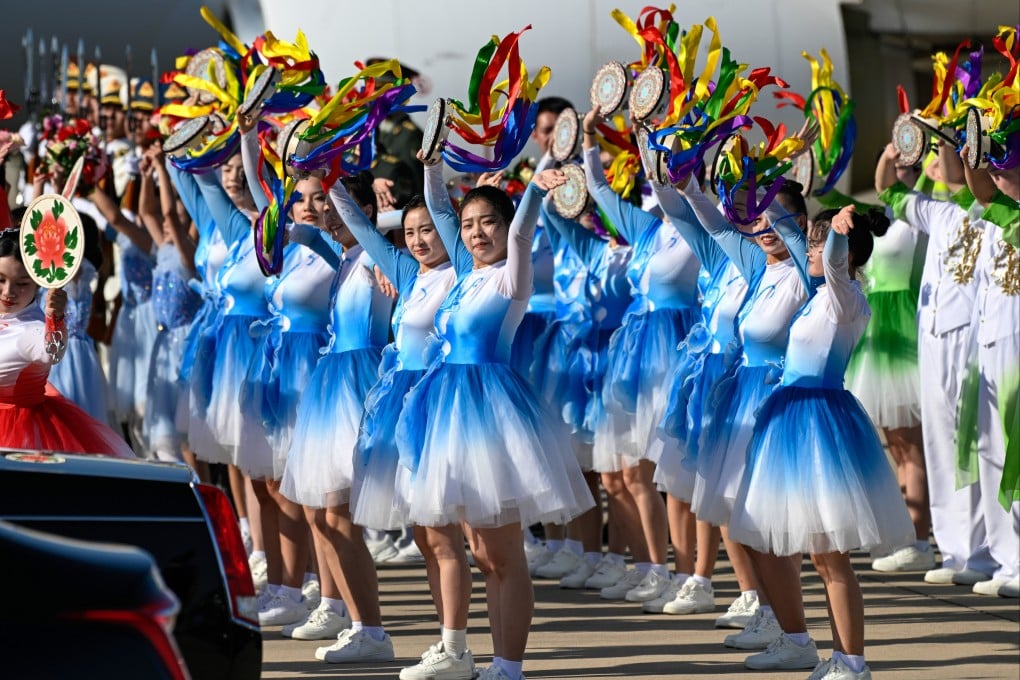How China is sharing its development and governance experience with Africa
The world’s second largest economy is bringing its insights to the continent as part of a joint pursuit of modernisation

The school not only conducts training and seminars for ZANU-PF cadres, students and politicians, it also attracts regular visits by lecturers from China’s ruling Communist Party.
In December, the Chinese party donated 1,300 books to the school, covering China’s history, financial reforms and development, as well as foreign affairs and culture as part of deepening party-to-party exchanges.
Zimbabwe’s President Emmerson Mnangagwa – who took over from former leader Robert Mugabe after a coup in 2017 – was among those to undergo military training in China in the 1960s.
Zimbabwe continues to benefit from Chinese economic assistance, especially since the US and other Western countries imposed sanctions over the seizure of land from white farmers while Mugabe was in power.
As China-Africa ties have grown closer, Beijing has also stepped up training of the continent’s political elites and exchanges in governance as part of a joint pursuit of modernisation.